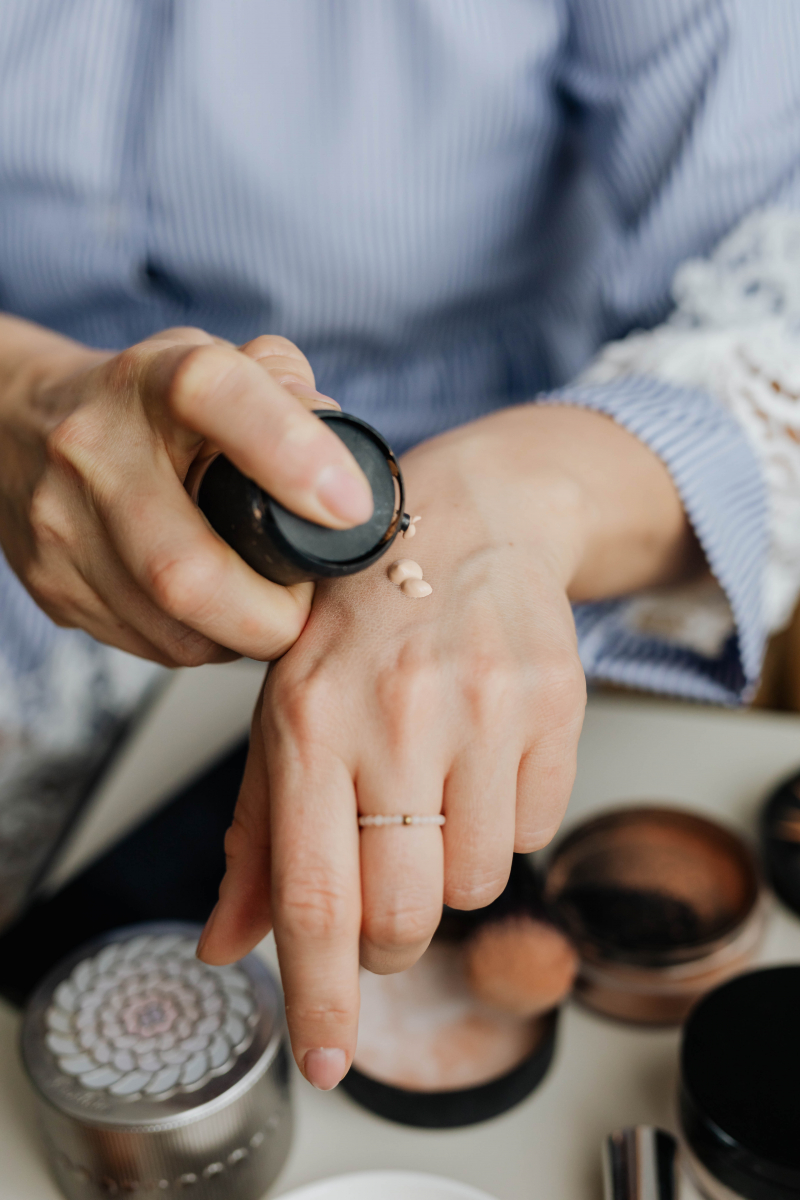Skin. Who cares, right? Well, if you don’t care, you’re missing several major tricks.
For a start, your skin accounts for about 15% of your total body weight. On average, a human hide weighs in at around 9lbs, and contains a mind boggling 11 miles of blood vessels. Your skin also contains an average of around 300 sweat glands per square inch.
There really is a lot going on, and certainly more than meets the eye.
And that’s why looking after your skin is important – showing love and attention to the body’s biggest organ is only going to pay dividends in the long run.
The skin care industry is lucrative to say the least, with anti-aging skincare products lining the shelves of every pharmacy and every supermarket’s self-care aisle. Of course, sometimes there is reason to look a little closer at some of the products to make sure they are safe to use (for example, discover just what is wrong with Johnson’s baby powder?).
Now, without further ado, let’s look at some of the ways you can care for your skin, to ensure you give yourself every opportunity to avoid developing any skin complaints.
SEE MORE: Tips for Caring for Your Skin While Social Distancing During the Coronavirus Pandemic
Protect against UV
The sun is a major factor in many of the most talked about cases of skin disease. Sunlight contains three types of ultraviolet light. One of these types, UVC, is blocked out by the ozone layer, but the other two types – UVA and UVB – are absorbed by the skin. Confusion over exposure to sunlight comes from the fact that our skin only produces vitamin D when exposed to the sun, leading many people to over-expose themselves in the belief that they are doing the right thing. But only around 30 minutes of exposure is required in order to produce the required amount of vitamin D. Sunscreen is needed for anything over this amount of time, otherwise serious skin conditions could follow.
Bath/shower time
Hot baths and showers may seem like a relaxing idea that can do no harm, but did you know that your skin is covered in protective oils that are stripped away by hot water? Try to limit your bath and shower time, and reduce the temperature from ‘hot’ to ‘warm’. Also, try to avoid strong soaps that could have a similar ‘stripping’ effect on the skin. Instead, switch to a gentle daily cleanser.
And finally, diet (you – and your skin – are what you eat)
A diet that is rich in processed or refined carbohydrates (and too much unhealthy fat) can age the skin and prevent it from repairing itself. It may sound simple, but if what you put in your mouth is healthy, that’s exactly how your body will look and feel, too.

